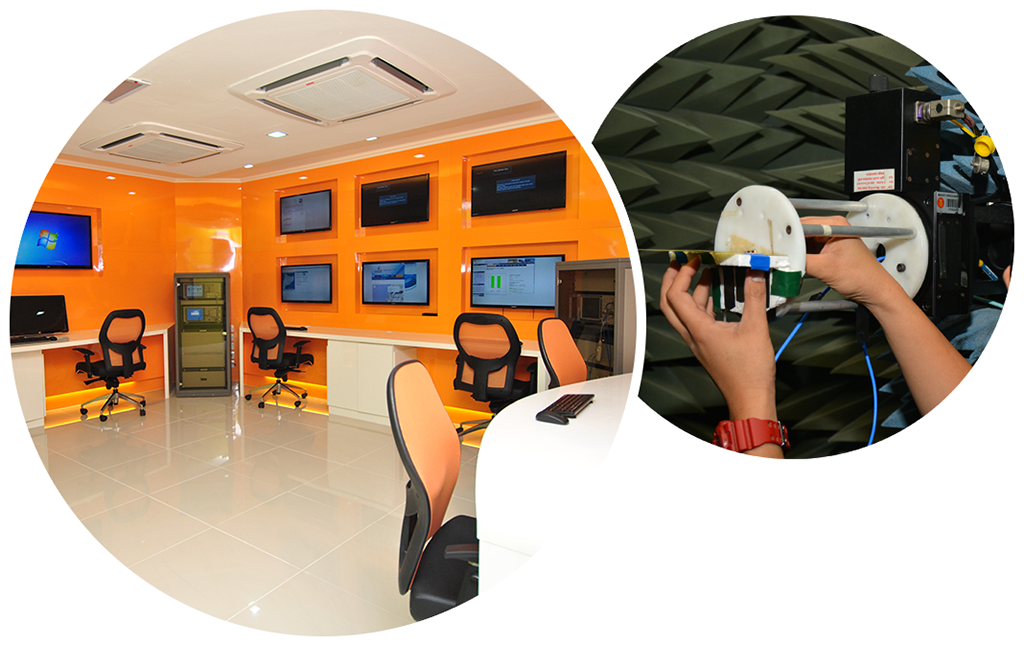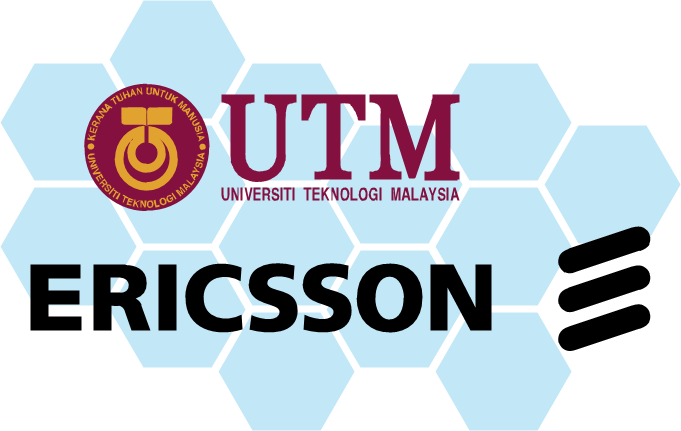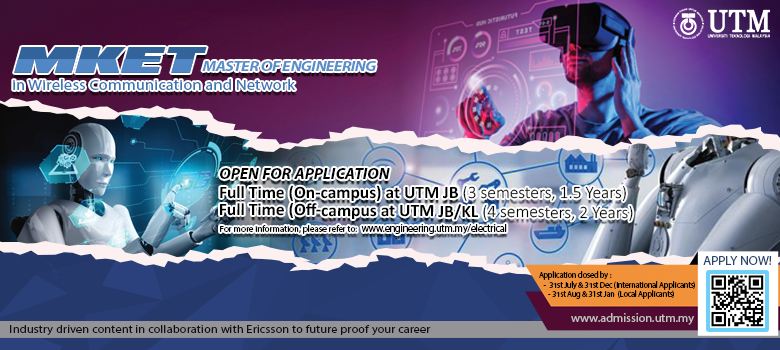Master of Engineering in Wireless Communication and Network
This program aims to produce professionals with advanced knowledge and skills in the field of Wireless Communication and Network in line with the development of today’s communications technology. The program will also provide exposure in entrepreneurship and sustainability in technology and engineering to further contribute to the generation of talent and transformation leaders according to the current needs of the country.
Intake March/October* every year
- Application for March* intake is open from September to November (for international student) and from September to December (for local student).
- Application for October* intake is open from March to June (for international student) and from March to July (for local student).
*Implementation during COVID-19 Pandemic.
Graduates will be able to future-proof their engineering careers or become entrepreneurs in the telecommunications, electronics, and oil and gas industries
Career Prospect

Industry Driven Content Through Ericsson Educate

Ericsson Educate is the 21st centuries technology curated learning content that include automation, artificial intelligence, telecommunication, 5G technology, and internet-of-things (IoT).
This industry-driven content complements the university-level engineering courses, strengthen the students’ ICT skills, and increase university graduates’ readiness for jobs. Under the UTM-Ericsson partnership, Ericsson Educate content will be integrated into UTM relevant curriculum, e.g., the Master of Engineering (Wireless Communication and Network) degree program.
UTM students will enjoy not only the interactive online content from the Ericsson Educate’s portal but also the industry-oriented lectures and seminars by leading industry professionals.
Study Mode, Duration and Scheme
| Mode (Full time) | Minimum Duration | Maximum Duration |
| On-campus (at UTM JB) | 1.5 Years (3 Semesters) | 4 Years (8 Semesters) |
| Off-campus (at UTM JB/KL) | 2 Years (4 Semesters) | 4 Years (8 Semesters) |
| Sem. 1 | Sem. 2 | Sem. 3 |
| Core 1 (1513) | Core 4 (1523) | Elective 2 |
| Core 2 (1423) | Core 5 (1313) | Elective 3 |
| Core 3 (1433) | Elective 1 | Free Elective |
| University Elective | Research Methodology | Project (Part 2) |
| Project (Part 1) | ||
| (12 credits) | (16 credits) | (15 credits) |
|
Sem. 1 |
Sem. 2 |
Short Sem. |
Sem. 3 |
Sem. 4 |
|
Core 1 |
Core 3 |
Research Methodology |
Elective 2 |
Free Elective |
|
Core 2 |
Core 4 |
University Elective |
Elective 3 |
Project |
|
Elective 1 |
Core 5 |
|
Project |
|
|
(9 credits) |
(9 credits) |
(6 credits) |
(10 credits) |
(9 credits) |
Program Educational Objective (PEO)
PEO1: Mastery of knowledge and competency in advanced areas of Wireless Communication and Network engineering field.
PEO2: Professionalism and high standards of ethical conducts within organization and society.
PEO3: Responsive to changing situations by continuously acquiring new knowledge and skills.
Program Learning Outcome (PLO)
PLO1: Attain advanced knowledge on theories, methods and applications related to Wireless Communication and Network engineering field.
PLO2: Demonstrate mastery in conducting research independently in solving problems related to Wireless Communication and Network Engineering through relevant analytical methods, simulations and/or experiments.
PLO3: Synthesize engineering knowledge through design and development.
PLO4: Plan and perform research undertakings responsibly, professionally and ethically.
PLO5: Communicate and express knowledge and ideas effectively.
PLO6: Continue life-long learning and apply technology for the betterment of humanity.
Curriculum Structure (43 credits)
Five(5) compulsory courses (15 credits)
| MKET 1513 | Sustainable Design, Engineering & Management |
| MKET 1523 | Internet of Things Technologies |
| MKET 1423 | Wireless Communication Systems |
| MKET 1313 | Communication and Computer Networks |
| MKET 1433 | RF/Microwave and Antenna Design |
Three(3) elective courses and one(1) free elective course from this/other program (12 credits)
| MKET 1323 | Broadband Multimedia Networks |
| MKET 1383 | Satellite Communication |
| MKET 1393 | Network Modeling & Performance |
| MKET 1413 | Advanced Digital Communications |
| MKET 1533 | Computer and Network Forensics |
| MKET 1543 | Advanced Antenna Design |
| MKET 1553 | Microwave and Millimeter Wave System Design |
| MKET 1563 | Advanced Optical Fiber Communication |
| MKET 1573 | Optical Communication Networks |
| MKET 1583 | Entrepreneurship for Telecommunication Industry |
Two(2) parts of master dissertation course (10 credits)
| MKET 1814 | Master Project (Part 1) |
| MKET 1826 | Master Project (Part 2) |
Two(2) university elective courses (6 credits)
| UHAX XXX3 | (to choose from the list given by School of Graduate Studies) |
| MKEU 0013 | Introduction to Research Methodology in Electrical Engineering |
Please refer to the course synopses page for course description.
Entry Requirement*
The admission requirements for students entering the Taught Course program are as follows:
Candidates who meet the requirements of (ii – vi) are required to take and pass the prerequisite courses determined by the Faculty with a minimum grade of (B-).
Detail of UTM admission requirements for International student candidates can be found here, whilst here for Malaysian.
*An international student candidate must meet the English Language Requirements outlined here.
Contact Us
CONTACT US:
MKET Programme Coordinator
Postgraduate Studies
Faculty of Electrical Engineering
Universiti Teknologi Malaysia
81310 UTM Johor Bahru
Email: penyelarasmeet@fke.utm.my

